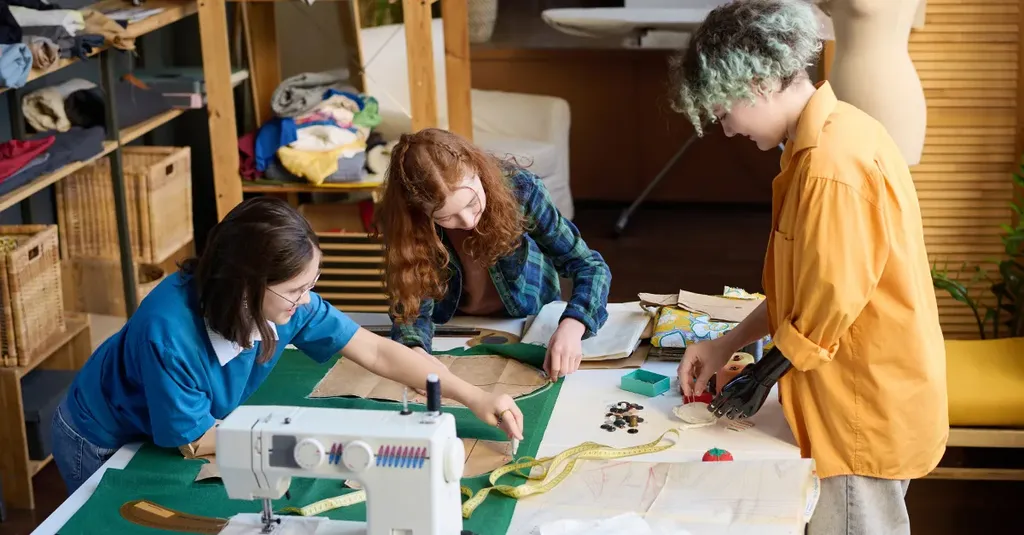In the bustling classrooms of India, a quiet revolution is taking shape, one that could redefine the way we equip our youth for the future. A recent study, led by Suman Lata Yadav of Sanjay Teacher’s Training College in Jaipur, has cast a spotlight on the often-overlooked realm of life skills education among secondary-level students. Published in the ‘International Journal of Emerging Research in Engineering, Science, and Management’ (translated as ‘International Journal of Emerging Research in Engineering, Science, and Management’), the research delves into how factors like living conditions, gender, and social class influence the development of these crucial skills.
Life skills, as defined by the World Health Organization, are the positive behaviors and tendencies that enable a person to adapt in day-to-day life. They are the tools that help individuals navigate the complexities of modern existence, from effective communication to problem-solving and critical thinking. “Life skills are the abilities that enable a person to adapt and exhibit positive behavior, allowing them to deal effectively with the problems and challenges of daily life,” Yadav explains. This research is not just about education; it’s about preparing students for the real world, where they will face a myriad of challenges that extend beyond academic knowledge.
The study’s findings are a wake-up call for educators and policymakers alike. By understanding how different factors impact the development of life skills, we can tailor educational programs to better prepare students for the future. For instance, the research highlights how living conditions can significantly influence a student’s ability to develop these skills. This insight could lead to targeted interventions in underprivileged areas, ensuring that all students have the opportunity to thrive.
Moreover, the study’s emphasis on gender and social class sheds light on the disparities that exist within our educational systems. By addressing these issues head-on, we can create a more equitable society where every student has the chance to succeed. “Future researchers can build upon this, and other factors affecting the research can also be explored,” Yadav suggests, pointing towards a future where education is not just about imparting knowledge but also about fostering the skills needed to navigate life’s challenges.
The implications of this research extend far beyond the classroom. In the energy sector, for example, the development of life skills can lead to a more adaptable and innovative workforce. As the industry grapples with the challenges of sustainability and technological advancements, employees with strong problem-solving and critical thinking skills will be invaluable. By investing in life skills education, we are not just preparing students for their future careers; we are also investing in the future of industries like energy, which will require a workforce that can adapt and innovate in the face of change.
This study is a reminder that education is about more than just academics. It’s about equipping our youth with the tools they need to succeed in life. As we look to the future, let us remember the words of Suman Lata Yadav and strive to create an educational system that fosters not just knowledge, but also the life skills that will help our students navigate the challenges of tomorrow.

